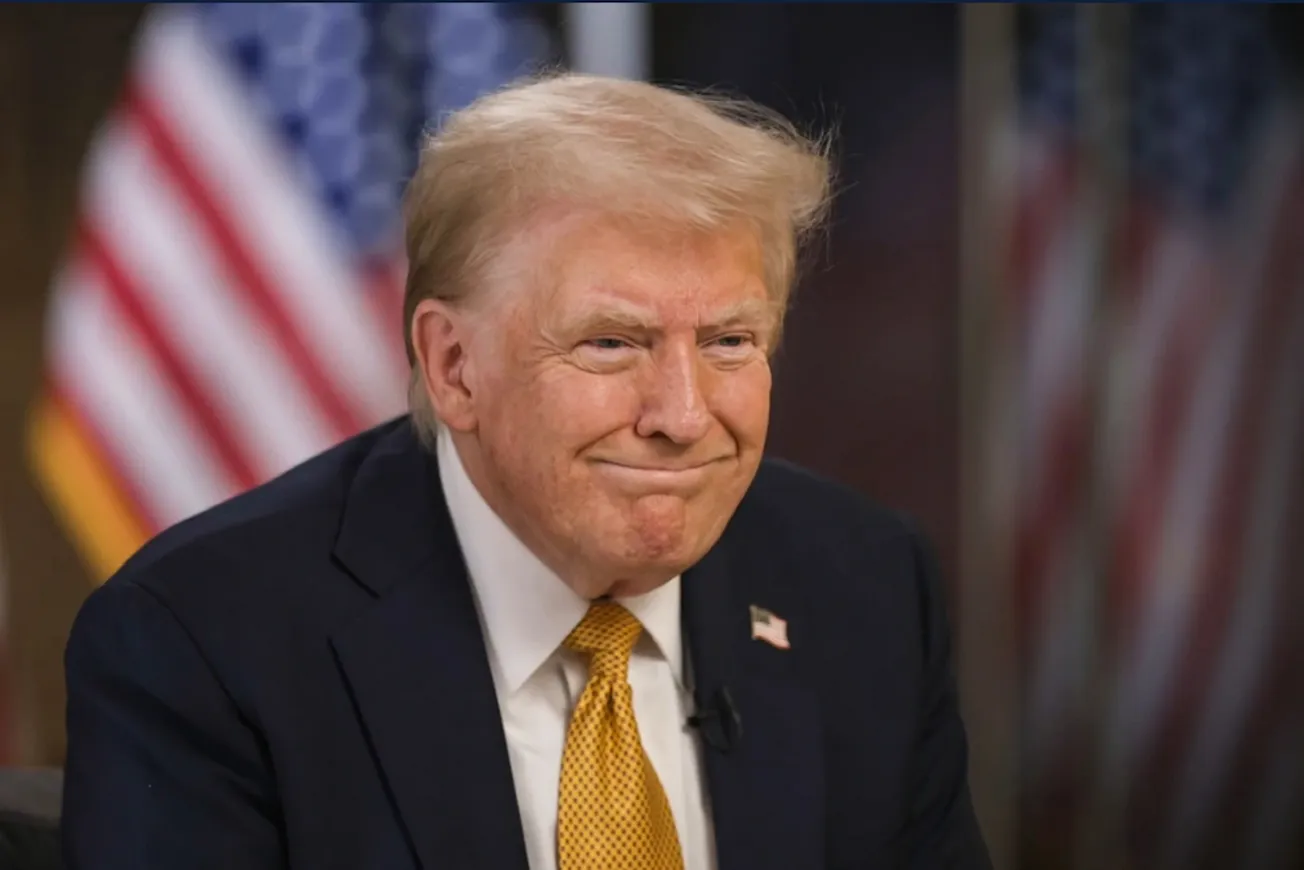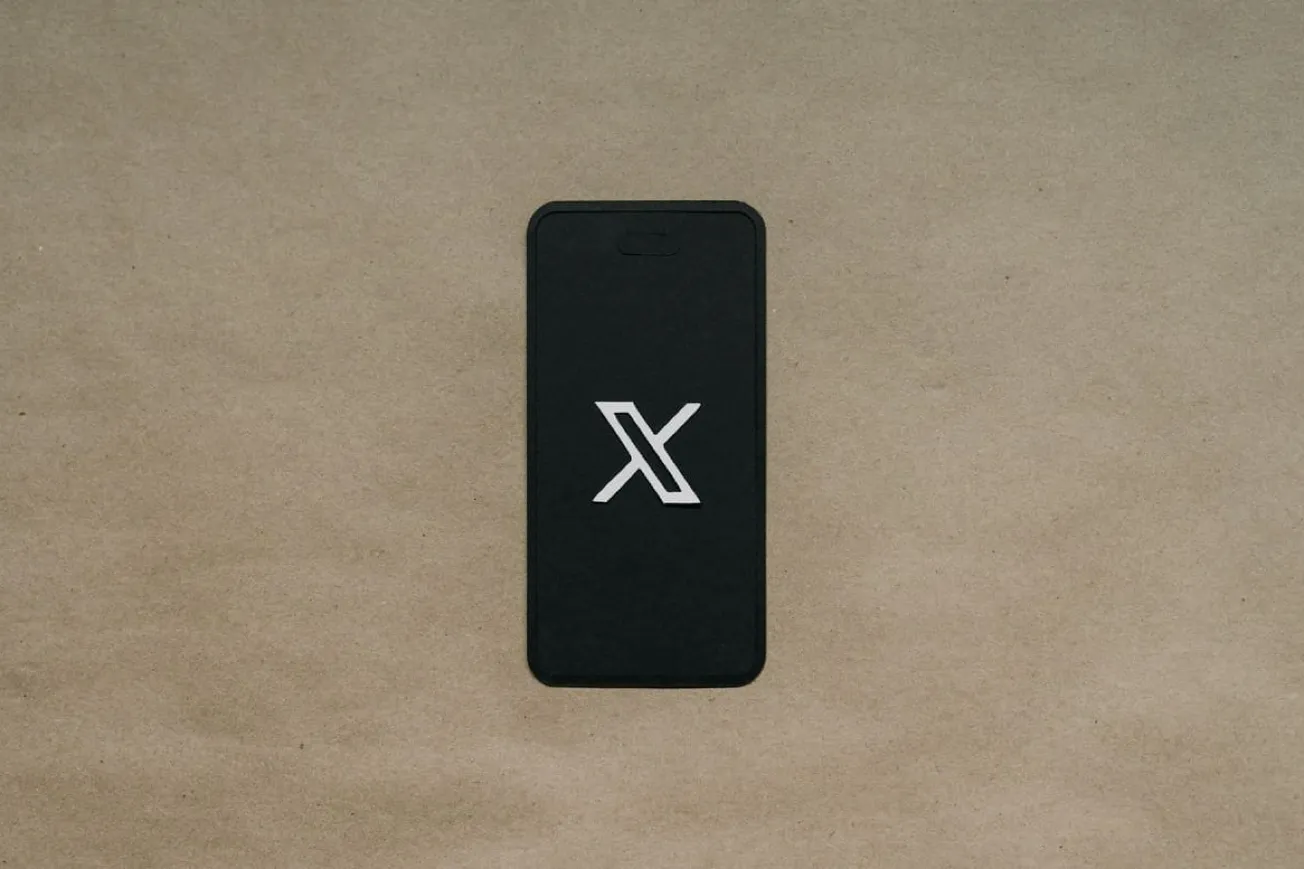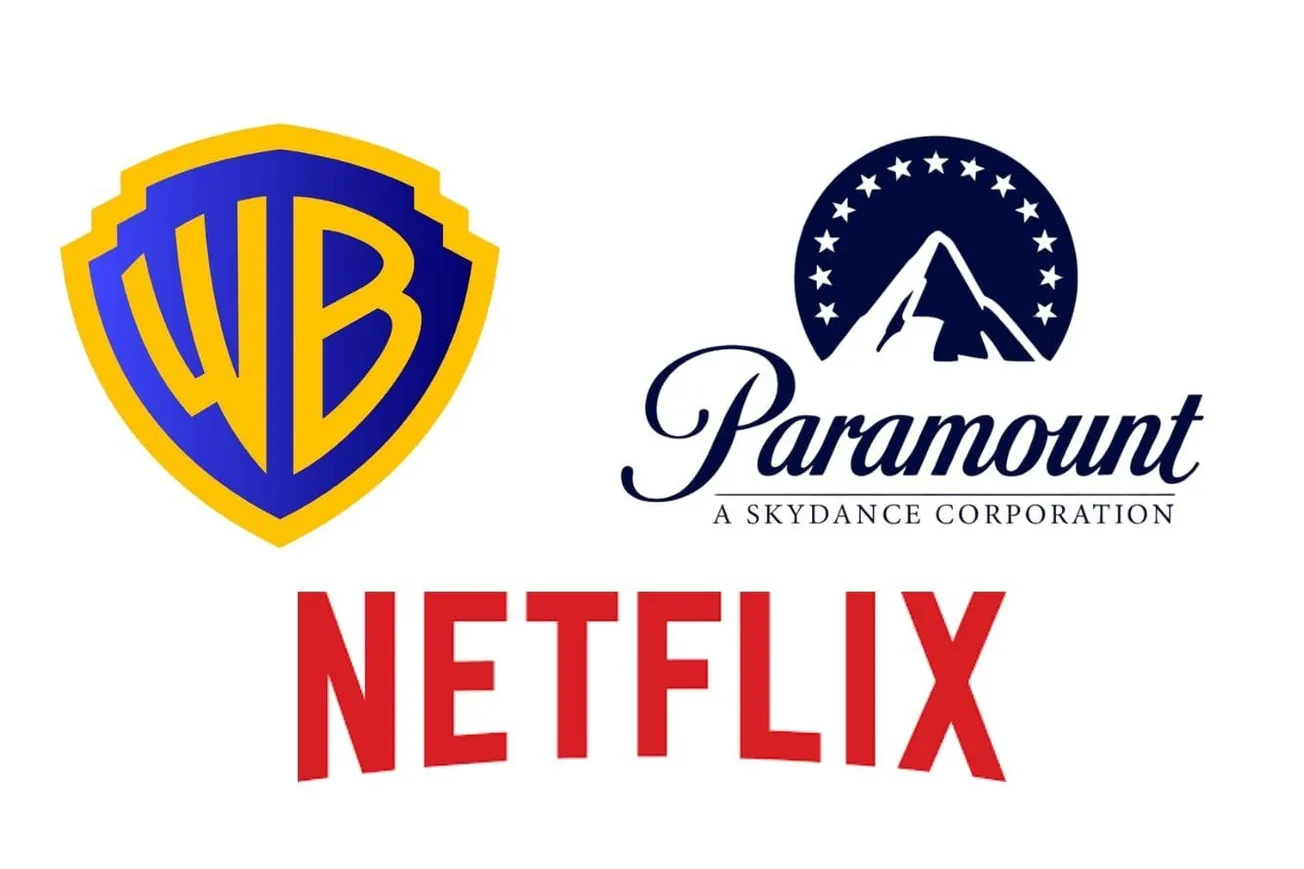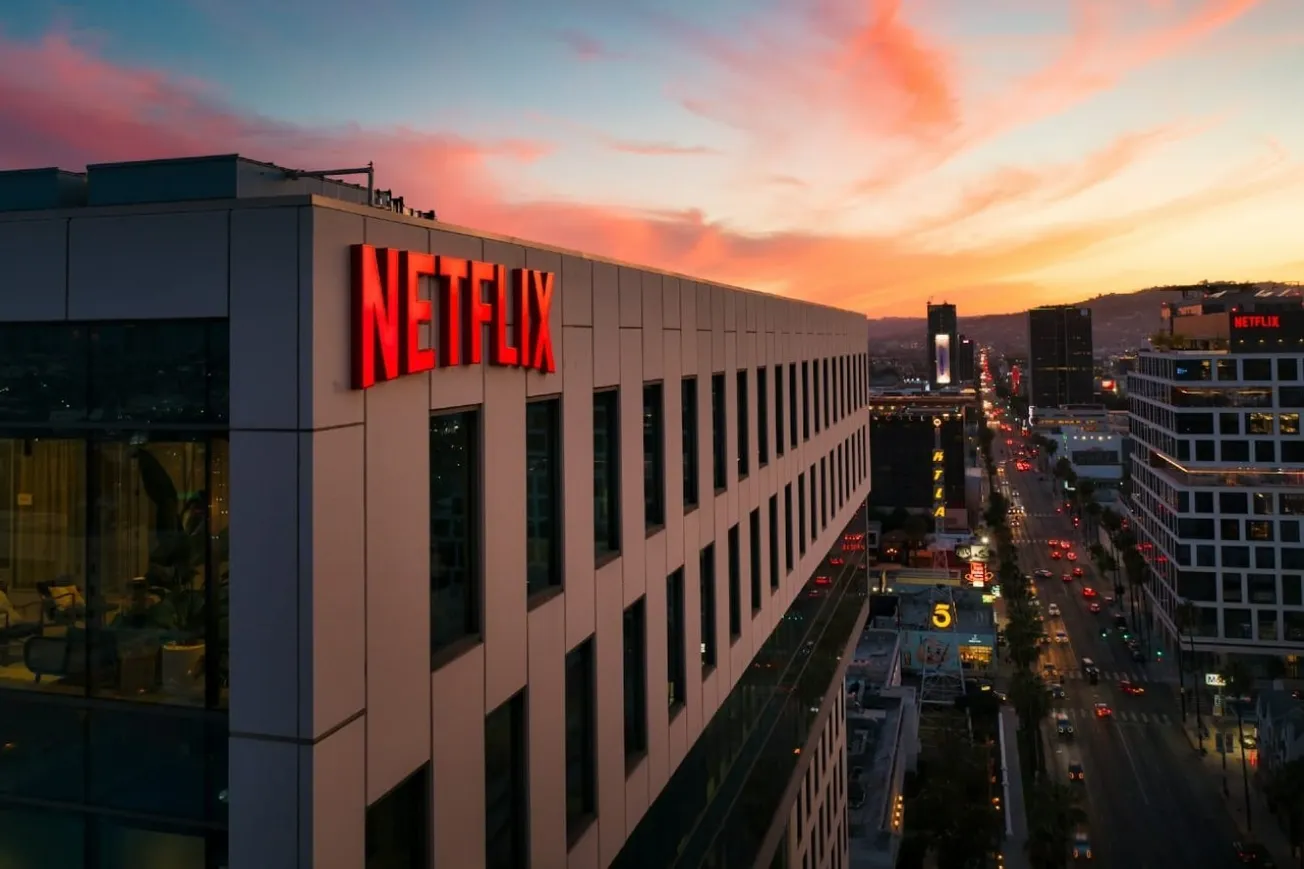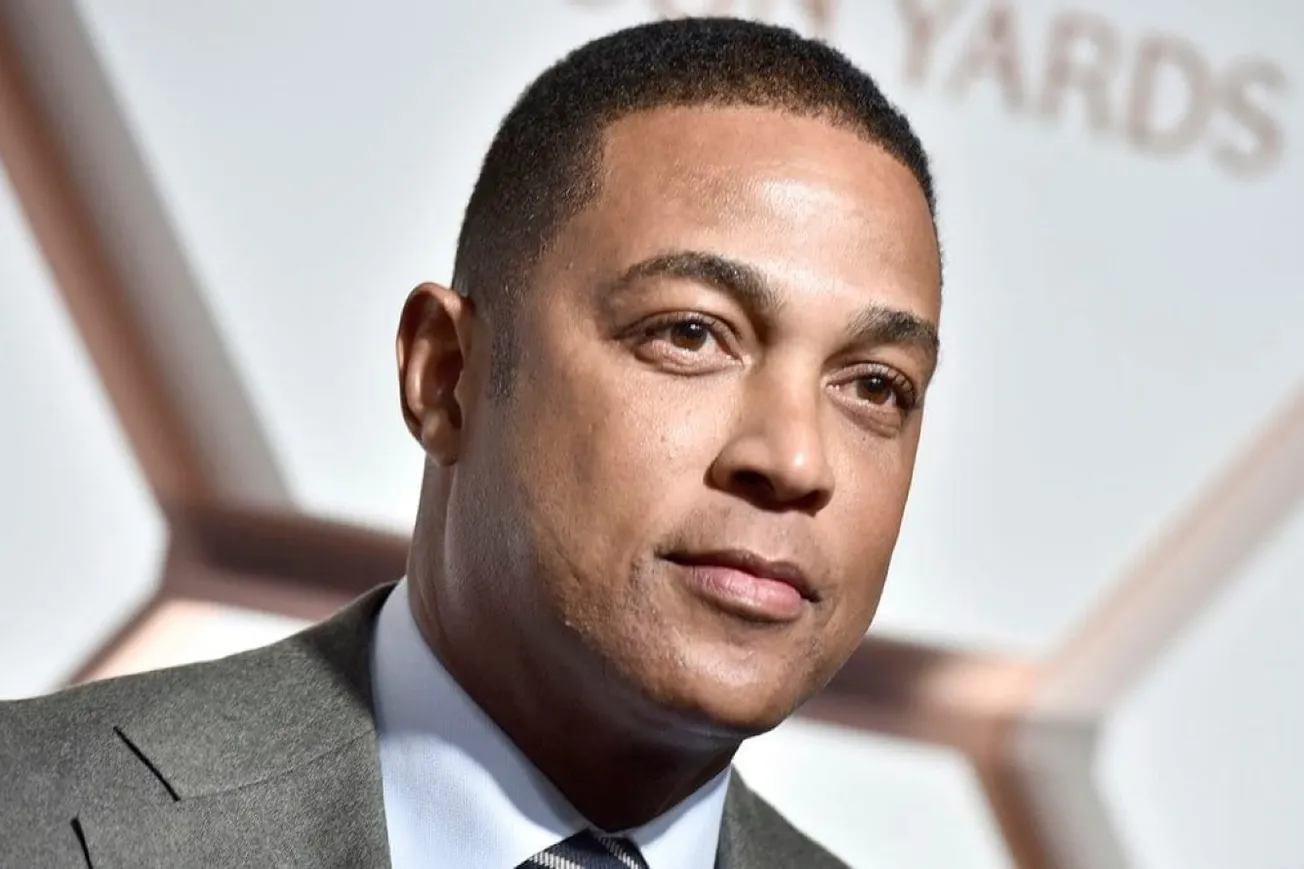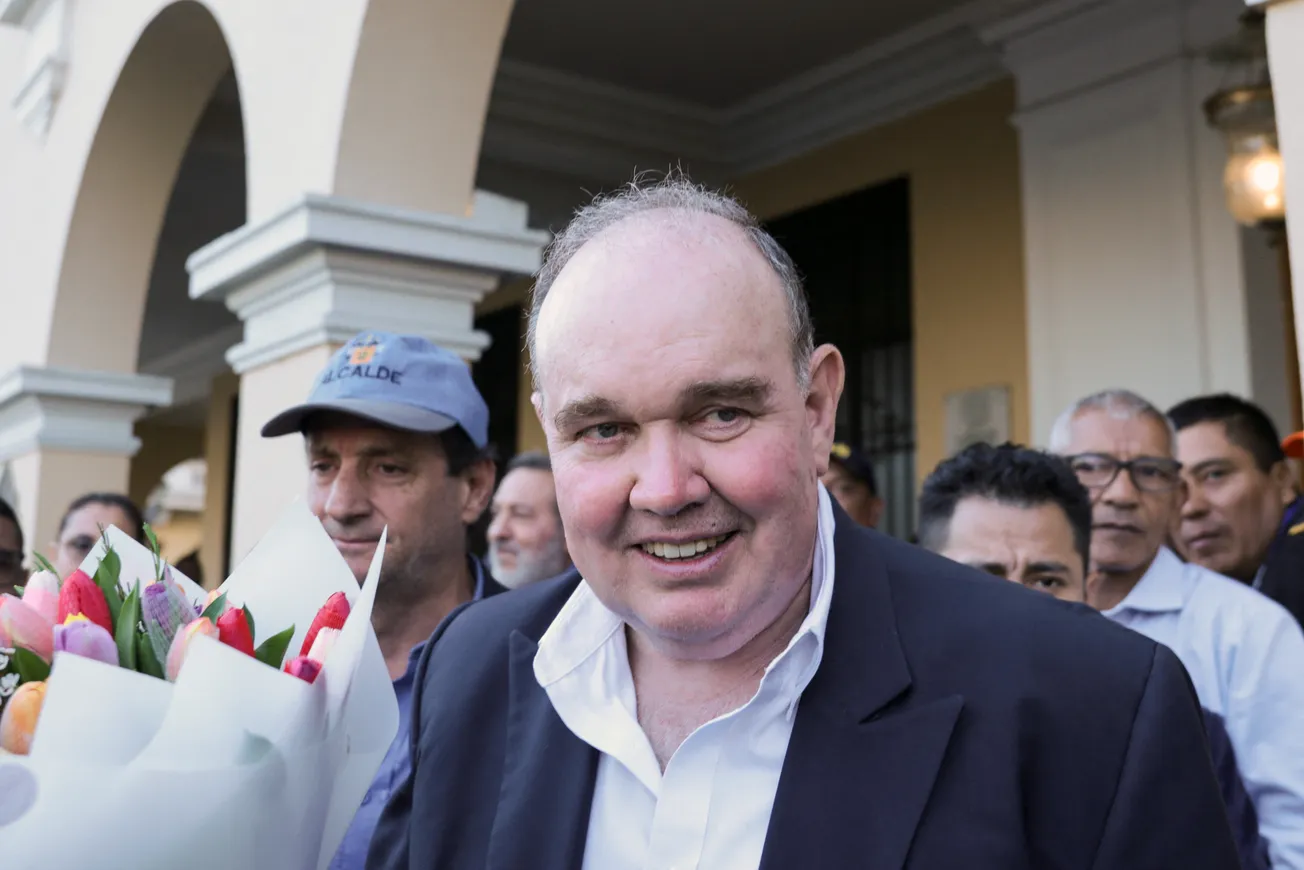What a refresher of a TV interview it was. On Sunday, NBC's Meet the Press moderator, Kristen Welker, interviewed President-elect Trump in a taped broadcast that featured a range of questions and a discussion that lasted over an hour.
Trump was in full command of every second of the sit down - no teleprompter, no rehearsed lines, no anxious staff behind the lights frantically trying to control the exchange. It was vintage Trump, looking elegant in elegant surroundings, unlike the time when Vice President Kamala Harris and her running mate Tim Walz sat down with CNN's Dana Bash in a dingy restaurant in Savannah earlier this summer.
The interview was different, too, because Welker seemed to acknowledge the gravity of the moment, although her liberal bias made her repeatedly interrupt her subject multiple times, lawyer-style. It was apparent in her opening remarks when she grudgingly admitted: "You are the first president since Grover Cleveland to win non-consecutive terms. Republicans now have control of the House and the Senate. What do you plan to accomplish in your first 100 days in office?"
In 2016, as well, Trump was an aberration to the media elite. This unexpected (and unwelcome) victor had defeated a surefire candidate they had presumed would become the first female President of the United States. Even in 2016, Trump's victory was historic in the sense that a businessman who had never run for any office in his life aimed straight for the presidency and beat his opponents at all odds, vanquishing political dynasties along the way.
However, Welker, who moderated the second presidential debate for NBC News during the 2020 campaign and had shown her true colors by constantly fact-checking former President Trump and letting then-candidate Biden off the hook, was a transformed journalist on Sunday. She kept repeating the honorific, "Sir," repeatedly.
Bill Goodykoontz, a media critic for USA Today, was furious. He complained that in "Trump's first major interview with a broadcast network since he won the election, Trump continued to lie and dodge, and when Welker tried to push back here and there, Trump either ignored her or just said he disagreed." Perhaps Goodykoontz doesn't appreciate that Welker was in front of history interviewing a person who defied all odds to beat the media favorite Kamala Harris in a landslide not seen since Reagan-Carter 1980.
On issue after issue, Trump seemed unafraid to speak and was not combative. Before the election and even during his first term, Trump needed the media to communicate his message. Now, the media needs Trump more, and Welker's attitude showed. We have repeatedly documented in these pages how new media platforms, including tippinsights, podcasts (such as from Joe Rogan, Tucker Carlson, and Megyn Kelly), and long-form opinions on X from conservatives like Victor Hanson have forced corporate media to adjust.
One of the most significant developments of the 2024 campaign involved the legacy media, which had ascended to their self-appointed perch as the guardians of idealism, democracy, and human rights for decades. Directed by its owner, Patrick Soon-Shiong, the Los Angeles Times board announced that it would not endorse a candidate for President, a first in the Times' history. The decision resulted in Mariel Garza, the editorial editor, quitting in protest.
The next day, it was the Washington Post. Jeff Bezos, the founder of Amazon and the owner of the ultra-liberal and anti-Trump newspaper since 2013, penned an op-ed to justify his paper's EB decision. The op-ed went further than the LA Times: "The hard truth: Americans don't trust the news media....Lack of credibility isn't unique to The Post. Our brethren newspapers have the same issue. And it's a problem not only for the media but also for the nation. Many people are turning to off-the-cuff podcasts, inaccurate social media posts, and other unverified news sources, which can quickly spread misinformation and deepen divisions...By itself, declining to endorse presidential candidates is not enough to move us very far up the trust scale, but it's a meaningful step in the right direction. "
As the last nail in the coffin, USA Today and the 200-plus local publications under the Gannett umbrella announced that they would not endorse a presidential candidate either.
It was amusing that Welker mentioned Jeff Bezos during the interview in an apparent attempt to trap Trump. "Will you favor Elon Musk over other leaders of competitor companies, like Jeff Bezos and Mary Barra?" Welker was thinking about Bezos's Blue Origin rocket company as a competitor to Musk's SpaceX and Barra, the CEO of GM, a competitor to Musk's Tesla.
Trump ignored Welker's line of attack and focused on the media association of Bezos's Washington Post.
"No, Jeff Bezos called me. We're having dinner. As you know, Mark Zuckerberg came in. We had a really nice dinner. He asked to have dinner. I had dinner with him. I'm having dinner with everybody. People like me now, you know? It's something going on that people -- I said, 'Would you have come to dinner with me if I lost?' I think the answer is no. You know, I said, kiddingly, of course, because I don't want to sound foolish. But I say jokingly, 'Would you have been here at dinner if I lost?' And the answer was, 'Probably not.' Look, I'm getting called by everybody. It's very interesting. It's different than the first — you know, when I won the first time, I wasn't nearly as popular as this. And one thing that's very important, in terms of the election, I love that I won the popular vote, and by a lot."
To which, Welker, probably thinking that "a lot" was a gross exaggeration, meekly corrected in a quick fact-check: "1.6 percent." Some things still haven't changed.

